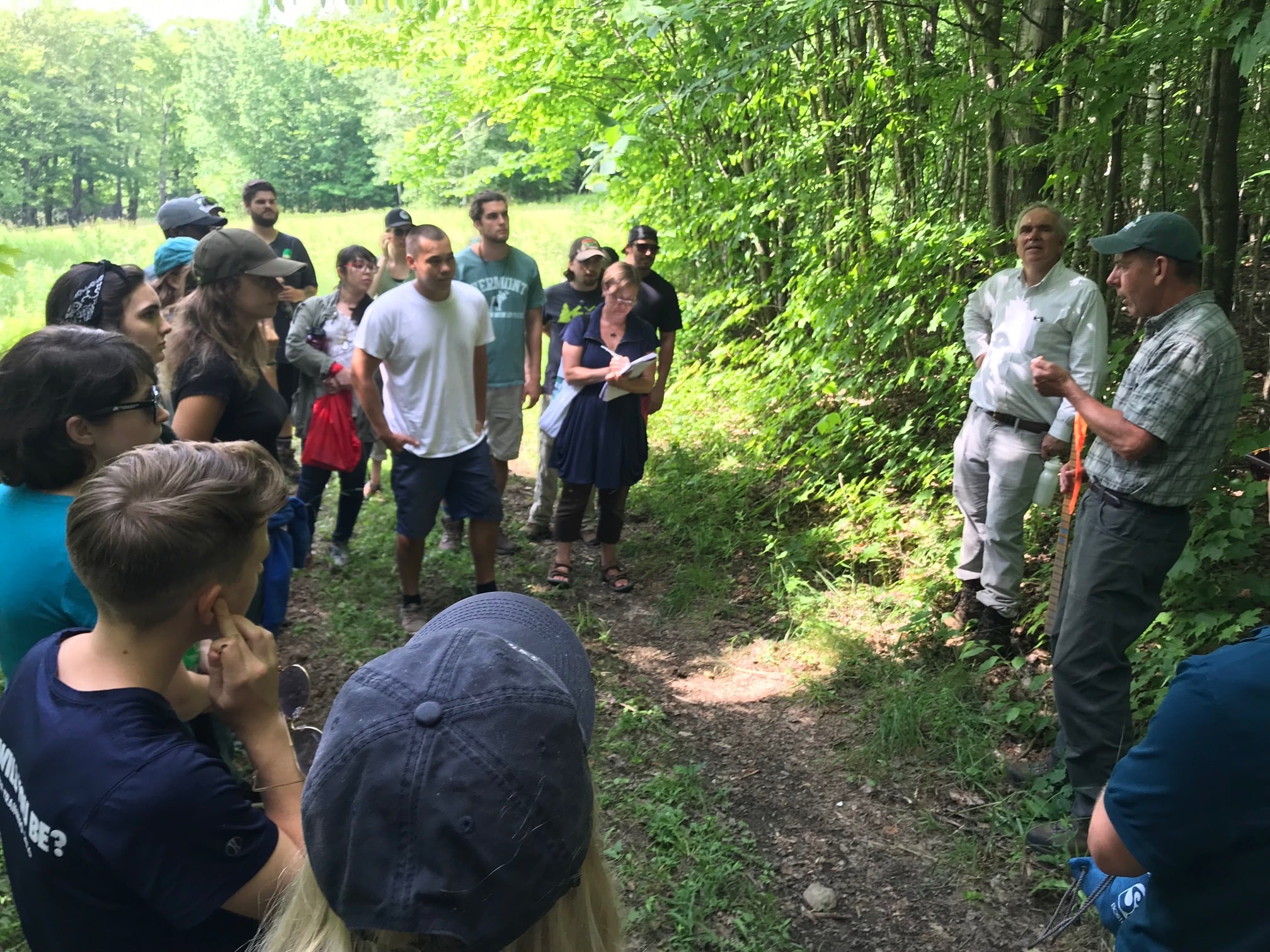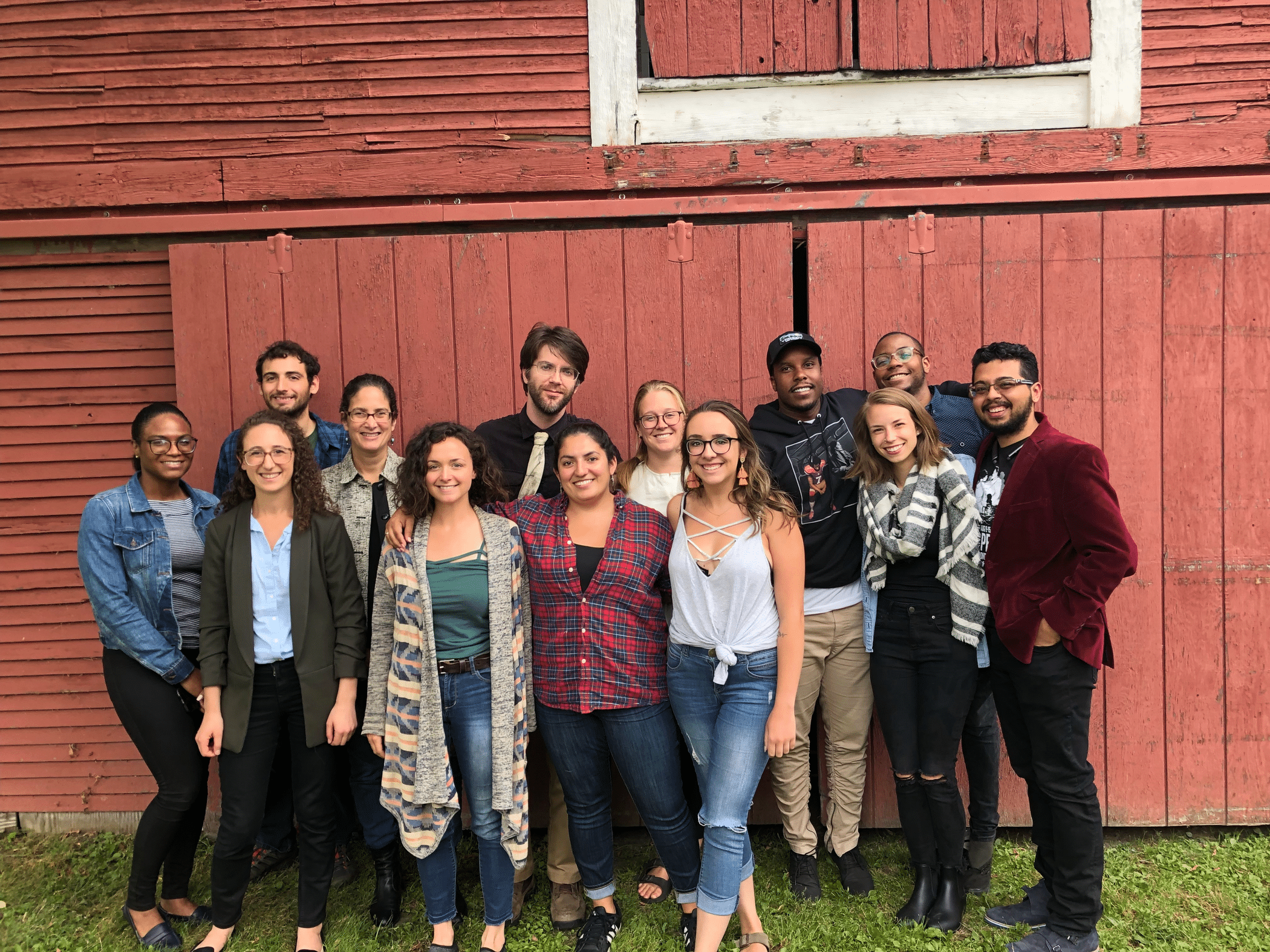Academics
At Vermont Law and Graduate School, learning is geared toward purpose and action.
VLGS academic programs combine a solid foundation in law and policy with focus in one or several areas of specialization. Practical, real-world experience gained through work in legal clinics and externships enables students to hone their expertise and match their talents to their passions.


Learning happens everywhere: on campus—in classrooms, conference rooms, the library, and in dinner seminars—and off campus in—courtrooms, client offices, town meetings, mediation sessions, depositions, and legislative hearing rooms. It’s a learning environment driven by students who are more intent on collaboration than on competition.
Vermont Law and Graduate School’s academic programs are designed to transform legal expertise and skills into tools of consequence. Faculty members, renowned legal scholars and practitioners, deliver an extensive course catalog that features the most environmental law courses of any law school in the United States. The top-ranked Environmental Law Center prepares students for leadership through practice in specialized institutes and clinics. International programs allow students to broaden their understanding of global policy and law, and test the waters of legal practice outside the U.S. And the Julien and Virginia Cornell Library, one of the nation’s best environmental law resources, supports students and faculty as they learn and practice.
Academics at VLGS
Read more about our law and policy degree programs and learn more about available legal degrees at Vermont Law and Graduate School.

All Degrees

Juris Doctor Degrees

Master’s Degrees

LLM Degrees

Specializations

Concentrations

Online Learning

Joint Degrees

Dual Degrees